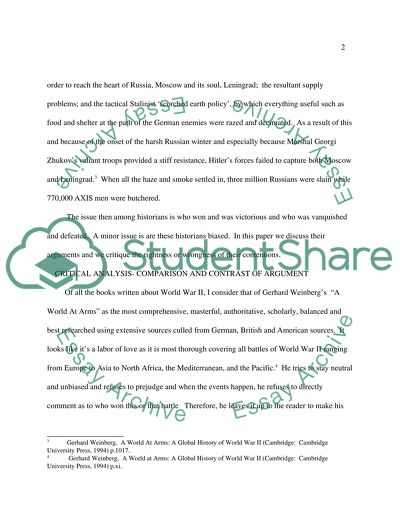Cite this document
(“Adolf Hitler and Josef Stalin Essay Example | Topics and Well Written Essays - 1500 words”, n.d.)
Retrieved from https://studentshare.org/history/1530546-adolf-hitler-and-josef-stalin
Retrieved from https://studentshare.org/history/1530546-adolf-hitler-and-josef-stalin
(Adolf Hitler and Josef Stalin Essay Example | Topics and Well Written Essays - 1500 Words)
https://studentshare.org/history/1530546-adolf-hitler-and-josef-stalin.
https://studentshare.org/history/1530546-adolf-hitler-and-josef-stalin.
“Adolf Hitler and Josef Stalin Essay Example | Topics and Well Written Essays - 1500 Words”, n.d. https://studentshare.org/history/1530546-adolf-hitler-and-josef-stalin.


